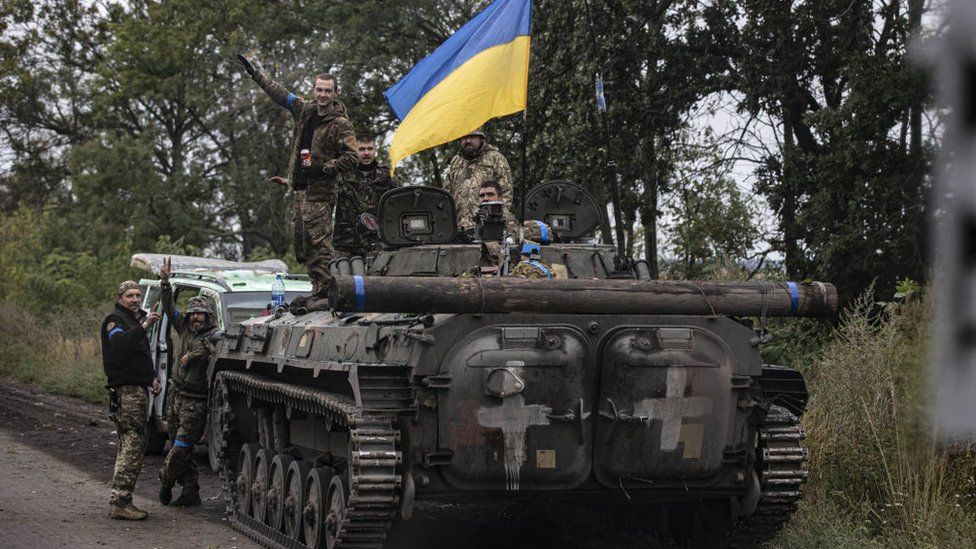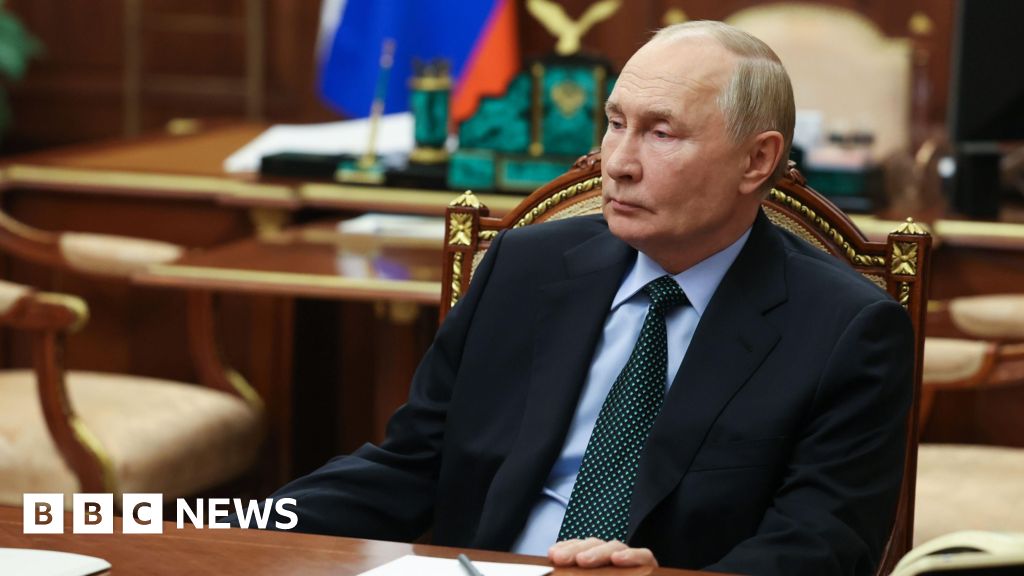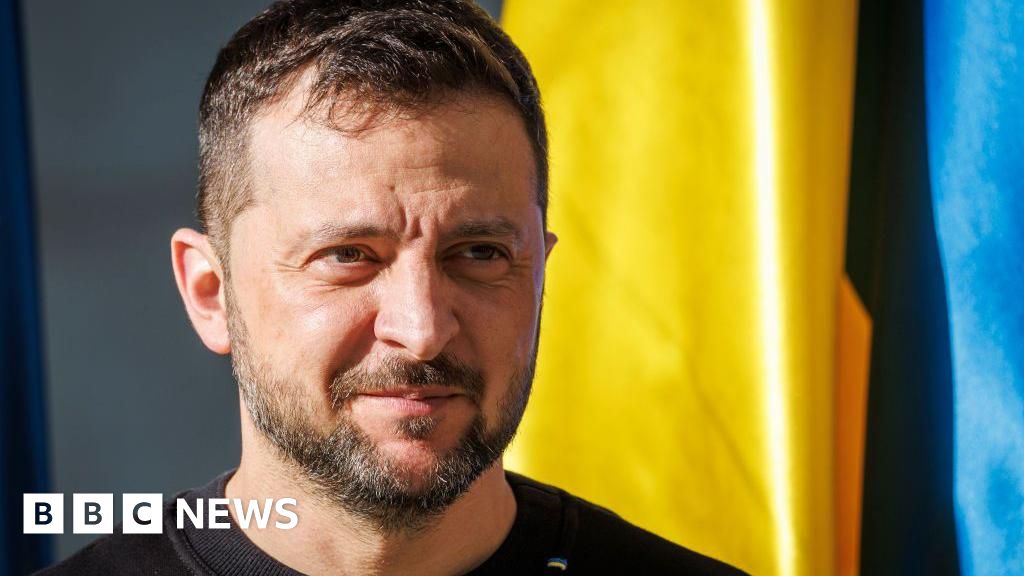ARTICLE AD BOX
 Image source, Getty Images
Image source, Getty Images
Ukrainian forces have made rapid gains in recent days, retaking large areas from Russia.
Russia says it's regrouping - and its forces still hold about about a fifth of the country.
How has the conflict changed?
Russia invaded Ukraine on 24 February, surrounding the Ukrainian capital Kyiv. It also launched attacks in the south, east and north of the country.
In early April, Ukrainian forces retook large areas around Kyiv, after Russia abandoned its push towards the capital.
Russia has since been focusing its military operations in the south, east and north-east of Ukraine, seizing large areas.
However, things changed dramatically at the start of September.
In a decisive offensive in the north-east, Ukraine drove back Russian forces. It claims to have regained 3,000 square kilometres (1,158 sq miles) of territory around the city of Kharkiv alone.
In total, Ukraine says it has retaken more than 8,000 sq km (3,088 sq miles) from Russian control in September - its most significant territorial gains since the war started.
The cities of Izyum and Kupiansk, which Ukraine says were retaken on 10 September, were both key supply hubs for the Russian forces. As such, these represent important strategic gains.
There is also a Ukrainian counter-attack around the Kherson region in the south of the country.
The Institute for the Study of War (ISW) says Ukrainian troops have inflicted a "major operational defeat" on Russian forces.
Justin Bronk of the Royal United Services Institute said Russian positions in Kharkiv had suffered a "total collapse".
The Russian withdrawal was, he said, "certainly the most dramatic reverse that we've seen from the Russians since they retreated from Kyiv in April".
How has Russia responded?
Russia confirmed that its forces retreated from Izyum and Kupiansk. It said this was a strategic withdrawal to "regroup".
It has also said it will continue to target these areas with military strikes.
The Russian army appears to have abandoned large quantities of equipment and ammunition during the withdrawal.
How much territory does Russia still occupy?
Russia still holds about 20% of Ukraine, according to the ISW.
The areas are largely in the eastern Donbas region and in the south of mainland Ukraine, as well as the Crimea peninsula which Russia annexed in 2014.
The Donbas is a mainly Russian-speaking area, and after Russia seized Crimea in 2014, pro-Russian forces captured more than a third of the region. It created two so-called people's republics there.
Areas in the west of the country, including Lviv, have experienced missile attacks, but no attempt by Russian forces to take and occupy ground.
What does Russia want?
Russia refuses to recognise its invasion as a war, and says it is undertaking a "special military operation" in Ukraine.
The Kremlin said its operations would continue "until all the tasks originally set" had been achieved.
When launching the invasion in February, President Vladimir Putin said his goal was to "demilitarise Ukraine".
Image source, Getty Images
One objective was to ensure Ukraine didn't join the Western defensive alliance, Nato.
Russia's initial aim was to overrun Ukraine and depose its government.
However, it now appears to have limited its ambitions to securing land in Ukraine's east and south.
What does Ukraine want?
Ukrainian President Volodymyr Zelensky has said his main goal is to drive all Russian troops out, to "de-occupy our whole territory".
Mr Zelensky has appealed for more funding and equipment to retain the areas retaken from Russia.
Western shipments of weaponry are being used heavily by Ukrainian forces.
How many have people have died?
Both sides have suffered losses, although neither publish exact numbers.
Ukraine claims it has killed more than 50,000 Russian troops, and at the end of August said it had lost nearly 9,000 military personnel since the start of the conflict.
Russia rarely discloses its own troop fatalities. Its most recent death count was in March, when it said 1,351 Russian soldiers had died since the invasion began.
Image source, Getty Images
In July, US officials estimated that about 15,000 Russian soldiers had died.
However, it said the actual number is likely to be considerably higher.

 2 years ago
22
2 years ago
22








 English (US)
English (US)